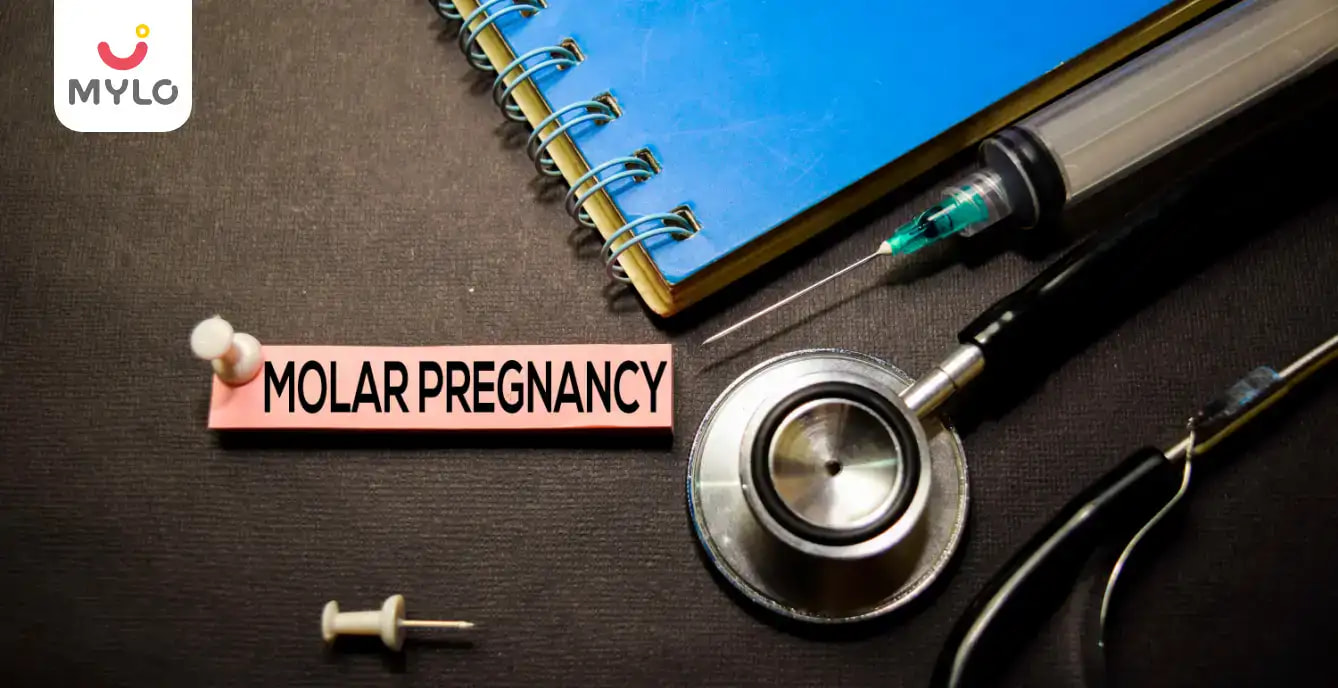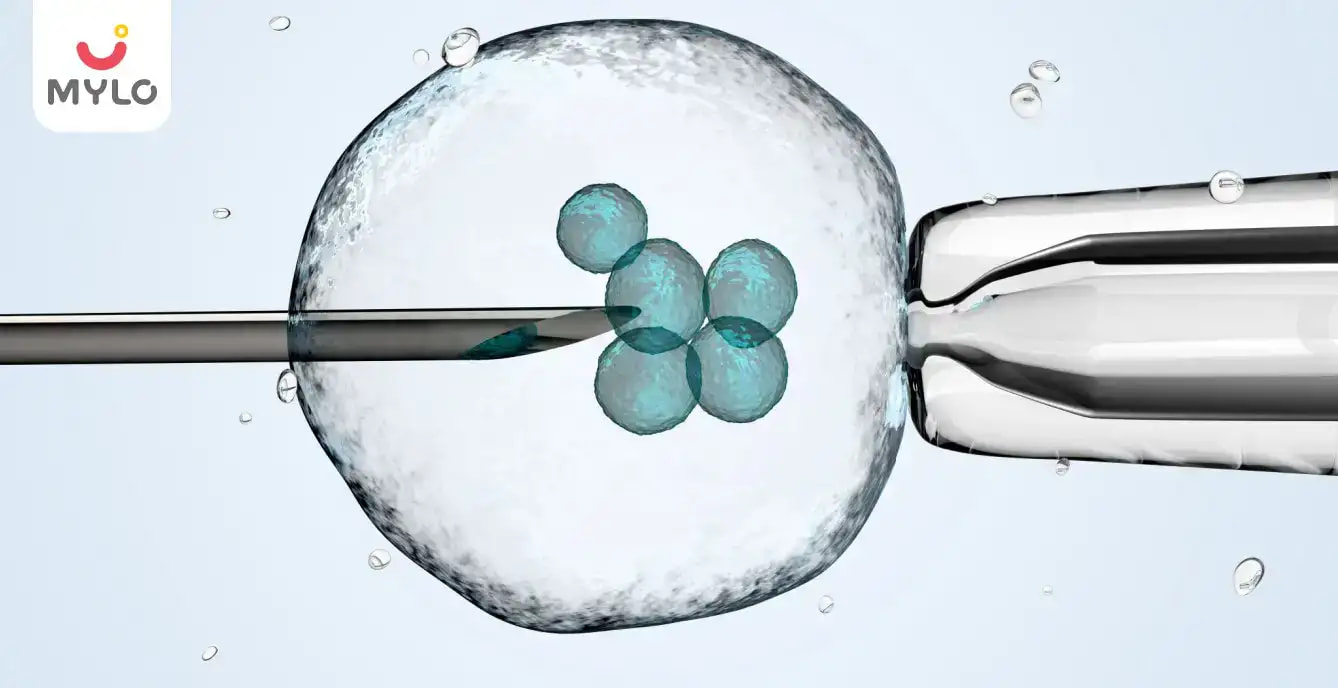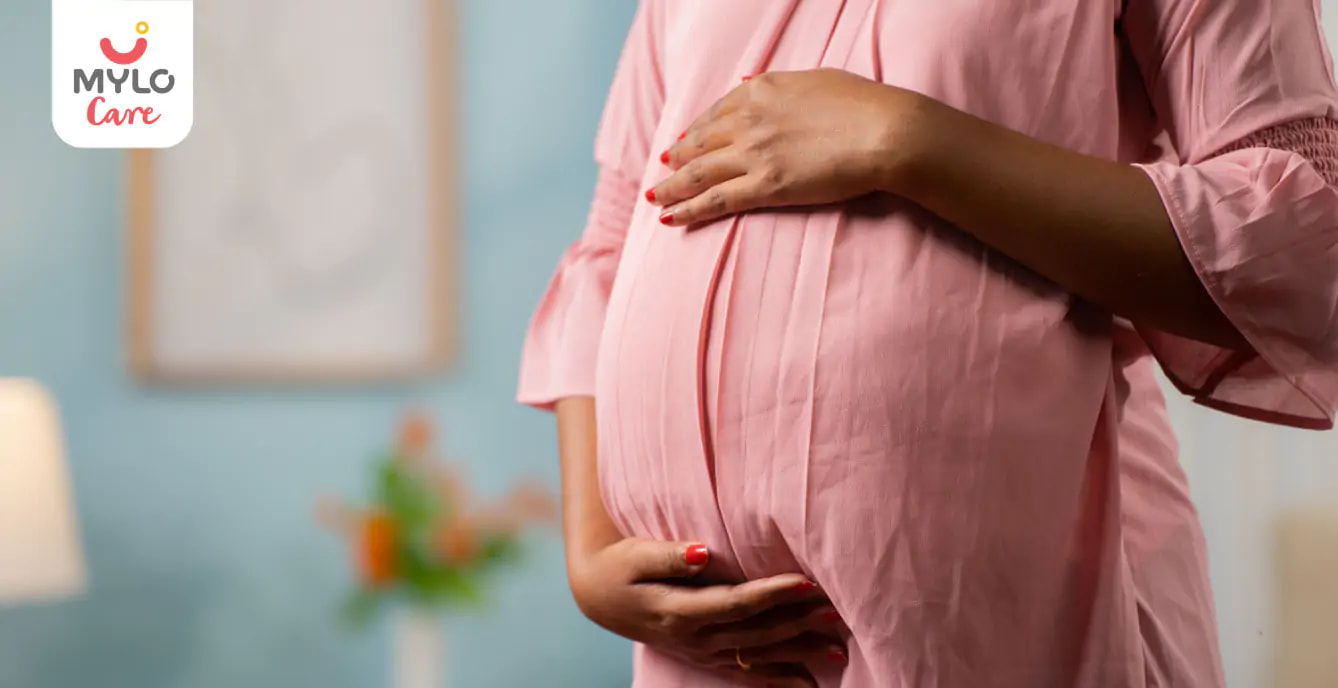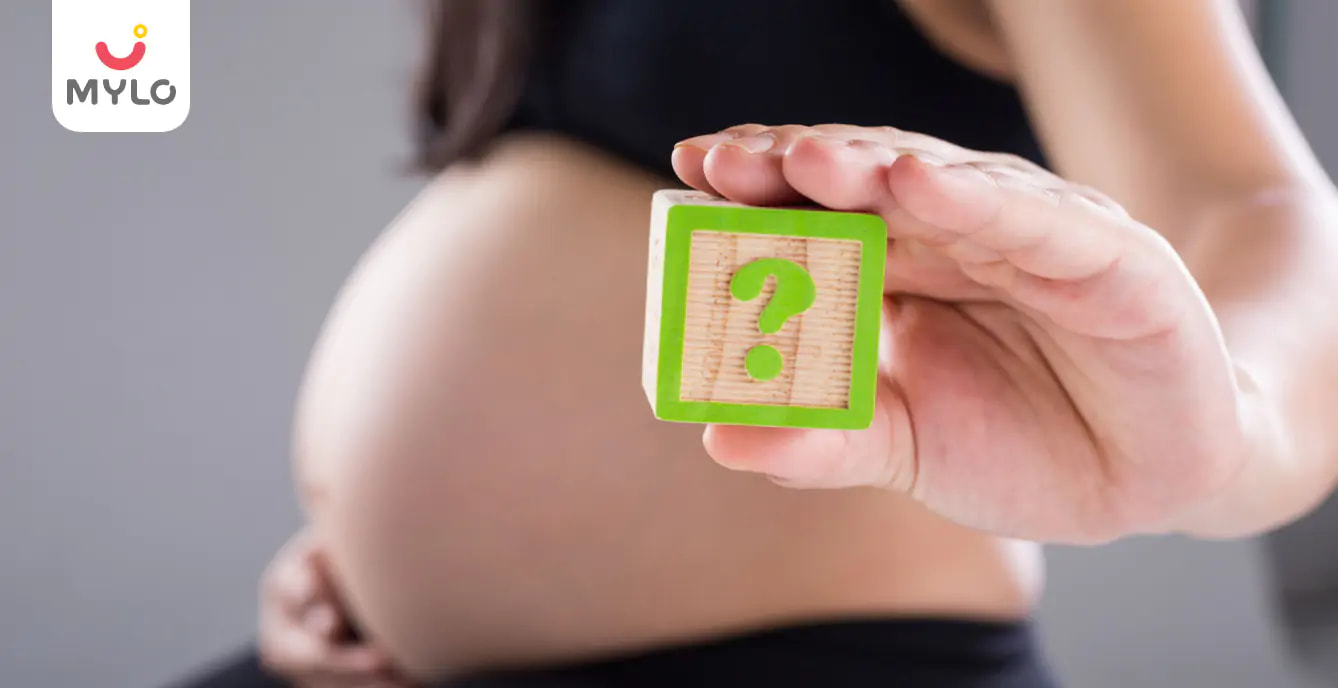Home

Women Specific Issues

Can a woman get pregnant after menopause ?
In this Article
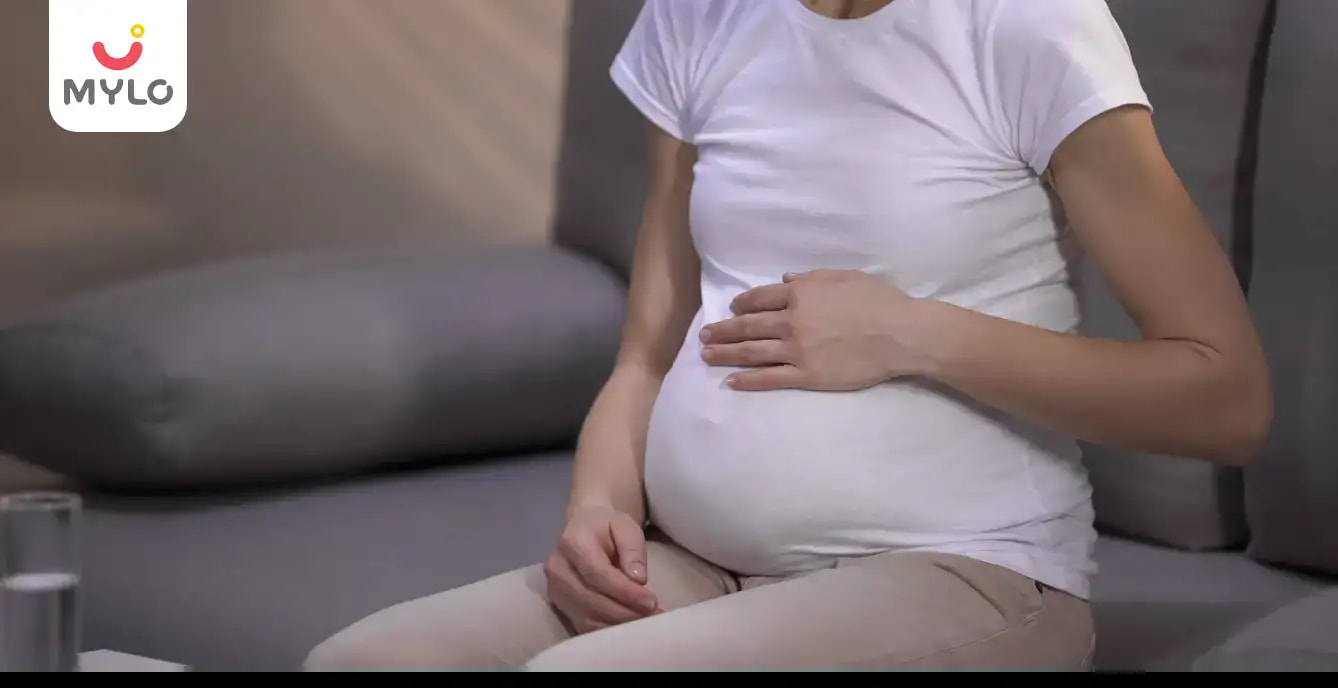
Women Specific Issues
Can a woman get pregnant after menopause ?
Updated on 3 November 2023
Pregnancy after 50 is rare. It is estimated that 12.2% of women experience early menopause. The menopausal period indicates that the ovaries have stopped releasing eggs, which means that natural pregnancy might not be possible. However, women can get pregnant after menopause.
For menopausal women, the only chance of getting pregnant is with a donor egg or platelet-rich plasma combination with FSH. Let us check all the alternatives for getting pregnant after menopause.
What Is Menopause?
Menopause is a natural biological process that occurs in the 40s or 50s, but the average age is 51. Menopause is a natural process indicating that the body is ageing and producing fewer reproductive hormones. It begins when a woman has not had her period for 12 consecutive months.
Perimenopause occurs before menopause. Perimenopause is considered a time when female hormones begin to change in preparation for menopause. The hormonal changes can affect one's physical, emotional, mental, and social well-being. A few symptoms associated with perimenopause and menopause are:
-
Hot flashes
-
Night sweats
-
Irregular periods
-
Sore or tender breasts
-
Headache
-
Urinary tract infections
-
Painful joints
-
Dry skin
-
Hair loss
-
Weight gain
-
Vaginal dryness and pain during intercourse
-
Difficulty sleeping
-
Mood swings, depression, and anxiety
In most menopause cases, medical treatment is not needed.
Women's Fertility as They Age
The average reproductive age of a woman is between 12 and 40 years. The age between 20-35 is considered an ideal period for reproduction. Women's fertility begins to decline after 35. The fertility rate decreases with age, and it becomes harder to conceive.
1. Fertility and Menopause
One in every four women in their 20s and 30s has a chance of becoming pregnant during a single menstrual cycle. By age 40, around 1 in 10 women will get pregnant per menstrual cycle. The number of eggs decreases as women get older. Menopause is a natural biological process marking the end of the menstrual cycle. The ovaries have stopped functioning, meaning there is no release of eggs.
2. Pregnancy During Perimenopause
The chances of getting pregnant without fertility treatment are low but not zero during perimenopause. If a woman is in the menopause stage and wants to get pregnant, the doctor will explain how IVF can help them get pregnant at any age. In vitro fertilization (IVF) is an assisted reproductive technology that combines an egg with sperm in a laboratory. After fertilization, the embryo is transferred to the uterus.
3. Pregnancy During or After Menopause
Women do ovulate after menopause, but less frequently than before. Fertility also depends on healthy sex partners and menstrual cycles. At this stage, there might be lower levels of estrogen, progesterone, testosterone, follicle-stimulating hormone, and luteinizing hormone. Because it is the age of the egg rather than the age of the womb, pregnancy is possible after menopause. If you have had eggs or embryos stored in the past, you can use them for IVF even after menopause.
4. Risks of Pregnancy After Menopause
As maternal age increases, so does the risk of health complications for pregnant women. Pregnancy after 40 has an increased risk for preeclampsia, uterine fibroids, miscarriage, and high blood pressure, and it also affects the health of the fetus.
Signs of Pregnancy After Menopause
The following are specific signs of pregnancy after menopause;
-
Missed periods
-
Nausea with or without vomiting
-
Sensitive and swollen breasts
-
Constipation
-
Food sensitivity
You may like : Amenorrhea: Meaning, Sypmtoms & Causes
Use the home pregnancy test to confirm the pregnancy. Consult the doctor for further investigation.
Is Pregnancy Possible After Menopause?
Maria Del Carmen, a Spanish woman, gained global attention by giving birth to twins at 66 in December 2006. She conceived through IVF with donor eggs. Women of any age can conceive after menopause with medical help. If the uterus (womb) is normal, even though the ovaries stop releasing the eggs, pregnancy is possible during menopause with the help of donor eggs and hormone supplements. Women who experience early menopause can restore ovarian function by directly injecting platelet-rich plasma (PRP) with follicle-stimulating hormone (FSH) into their ovaries. Women can get pregnant after menopause with this injection without the need for donor eggs. This allows women with early menopause to get pregnant through IVF (in vitro fertilization) using their eggs.



Written by
Loveleen Gupta
A working mother with more than two decades of experience in writing for the publishing industry and digital space, Loveleen Gupta loves dabbling in creative writing also. A graduate from Miranda House, she uses her personal experiences to express herself.
Read MoreGet baby's diet chart, and growth tips

Related Articles
Related Questions
Influenza and boostrix injection kisiko laga hai kya 8 month pregnancy me and q lagta hai ye plz reply me

Hai.... My last period was in feb 24. I tested in 40 th day morning 3:30 .. That is faint line .. I conculed mylo thz app also.... And I asked tha dr wait for 3 to 5 days ... Im also waiting ... Then I test today 4:15 test is sooooo faint ... And I feel in ma body no pregnancy symptoms. What can I do .

Baby kicks KB Marta hai Plz tell mi

PCOD kya hota hai

How to detect pcos

RECENTLY PUBLISHED ARTICLES
our most recent articles

Diet & Nutrition
গর্ভাবস্থায় আলুবোখরা: উপকারিতা ও ঝুঁকি | Prunes During Pregnancy: Benefits & Risks in Bengali

Diet & Nutrition
গর্ভাবস্থায় হিং | ঝুঁকি, সুবিধা এবং অন্যান্য চিকিৎসা | Hing During Pregnancy | Risks, Benefits & Other Treatments in Bengali

Women Specific Issues
স্তনের উপর সাদা দাগ: লক্ষণ, কারণ এবং চিকিৎসা | White Spots on Nipple: Causes, Symptoms, and Treatments in Bengali

Diet & Nutrition
গর্ভাবস্থায় পোহা: উপকারিতা, ধরণ এবং রেসিপি | Poha During Pregnancy: Benefits, Types & Recipes in Bengali

Diet & Nutrition
গর্ভাবস্থায় মাছ: উপকারিতা এবং ঝুঁকি | Fish In Pregnancy: Benefits and Risks in Bengali

Diet & Nutrition
গর্ভাবস্থায় রেড ওয়াইন: পার্শ্ব প্রতিক্রিয়া এবং নির্দেশিকা | Red Wine During Pregnancy: Side Effects & Guidelines in Bengali
- ইনার থাই চ্যাফিং: কারণ, উপসর্গ এবং চিকিৎসা | Inner Thigh Chafing: Causes, Symptoms & Treatment in Bengali
- গর্ভাবস্থায় ব্রাউন রাইস: উপকারিতা ও সতর্কতা | Brown Rice During Pregnancy: Benefits & Precautions in Bengali
- Velamentous Cord Insertion - Precautions, Results & Safety
- Unlock the Secret to Flawless Skin: 7 Must-Have Qualities in a Face Serum
- Unlock the Secret to Radiant Skin: How Vitamin C Serum Can Transform Your Complexion
- Gender No Bar: 10 Reasons Why Everyone Needs a Body Lotion
- Unlock the Secret to Radiant Skin How to Choose the Perfect Body Lotion for Your Skin Type
- Top 10 Reasons to Apply a Body Lotion After Every Bath
- Communication in Toddlers: Milestones & Activities
- How to Improve Vocabulary for Toddlers?
- A Comprehensive Guide to Understanding Placenta Accreta
- Vulvovaginitis in Toddlers Causes, Symptoms and Treatment
- A Comprehensive Guide to Understanding Cerebral Palsy in Children
- Bitter Taste in Mouth During Pregnancy: Understanding the Causes and Remedies


AWARDS AND RECOGNITION

Mylo wins Forbes D2C Disruptor award

Mylo wins The Economic Times Promising Brands 2022
AS SEEN IN

- Mylo Care: Effective and science-backed personal care and wellness solutions for a joyful you.
- Mylo Baby: Science-backed, gentle and effective personal care & hygiene range for your little one.
- Mylo Community: Trusted and empathetic community of 10mn+ parents and experts.
Product Categories
baby carrier | baby soap | baby wipes | stretch marks cream | baby cream | baby shampoo | baby massage oil | baby hair oil | stretch marks oil | baby body wash | baby powder | baby lotion | diaper rash cream | newborn diapers | teether | baby kajal | baby diapers | cloth diapers |



